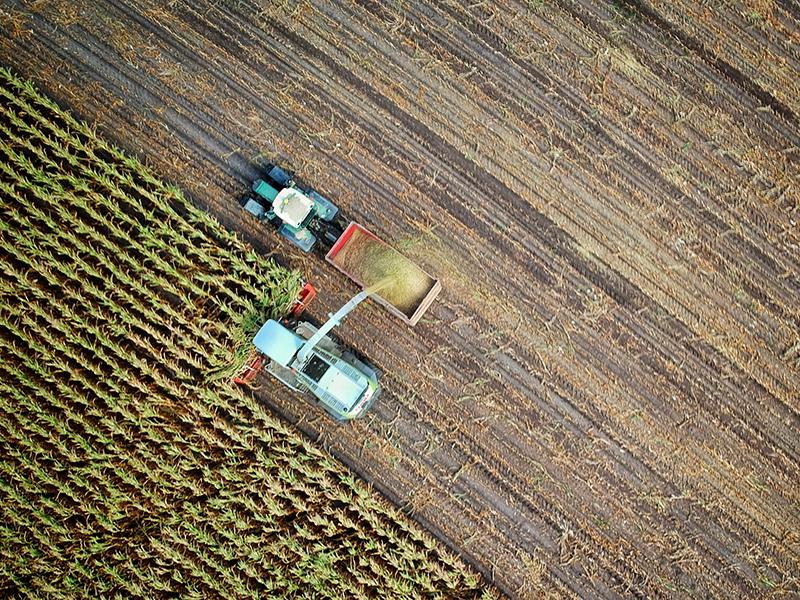According to some population growth projections, the world could see a food shortage as soon as 2035. However, there is hope on the horizon. Azahar Ali, assistant professor in the School of Animal Sciences at Virginia Tech, and his colleagues at Florida Polytechnic University, suggest that a combination of technology and cooperation could offer potential salvation. With innovations in biosensors, the Internet of Things, and machine learning, a collective effort by researchers, policymakers, and industry could offer a way to overcome the impending shortage. Algorithms crunching through vast amounts of data from farms can tell a farmer instantly when a crop needs water or fertilizer or if an outbreak of disease is imminent in a herd of livestock. Sensors are the cornerstone of this technology triangle because without data, there is nothing to work with.

